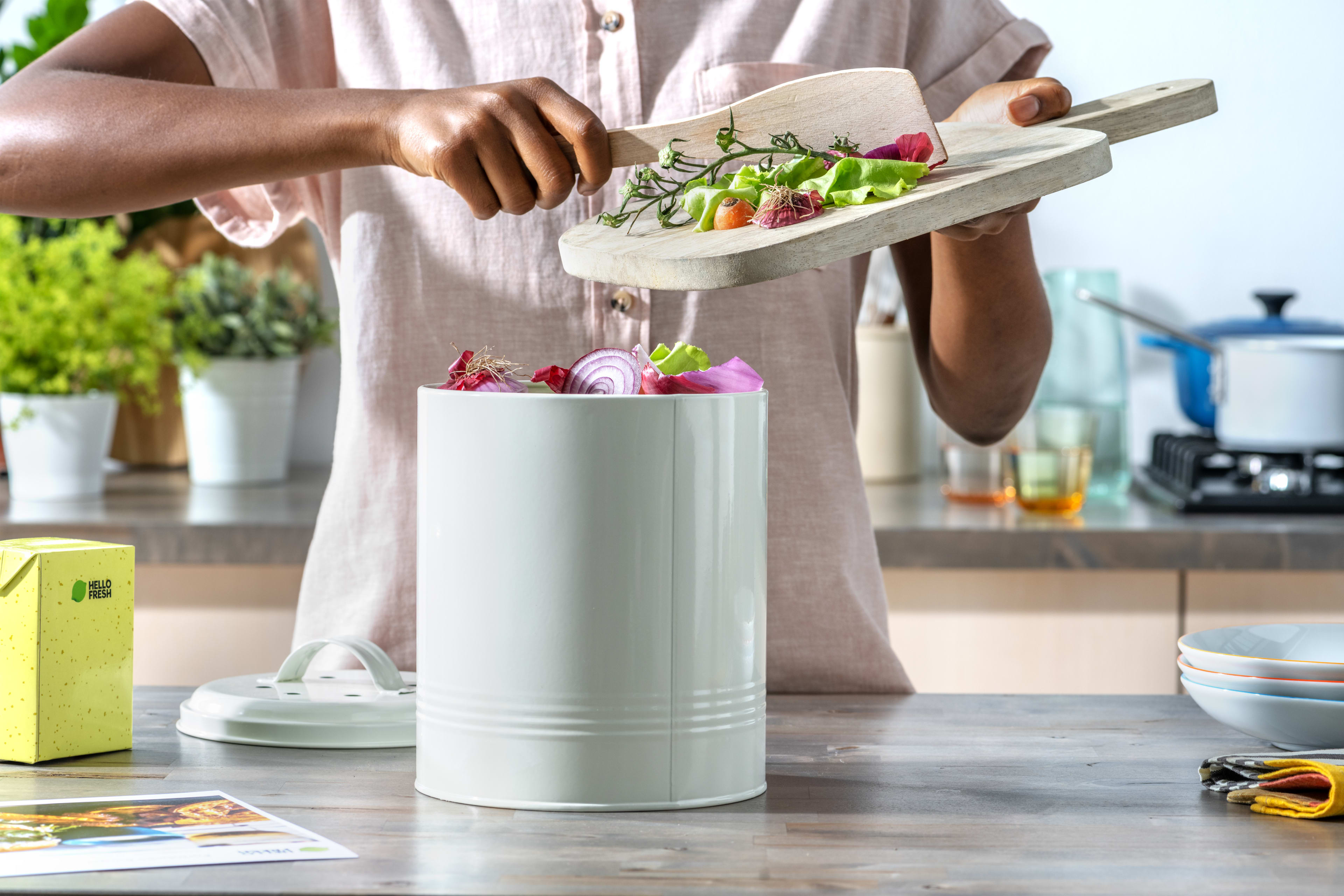
What’s the impact of food waste on the environment?
Research has shown the wildfires that devastated Australia in late 2019 and early 2020 were 30% more likely because of human-induced climate change. With this in mind, it's incredible to learn that 8-10% of global greenhouse gas emissions are associated with food that is thrown in the bin.What's more, according the the United Nation's Food Waste Index report, published in March 2021, Australian households have the third highest amount of food waste per person in the Western world, with an average of 102Kg of food waste per person each year – nearly 40% higher than the global average.
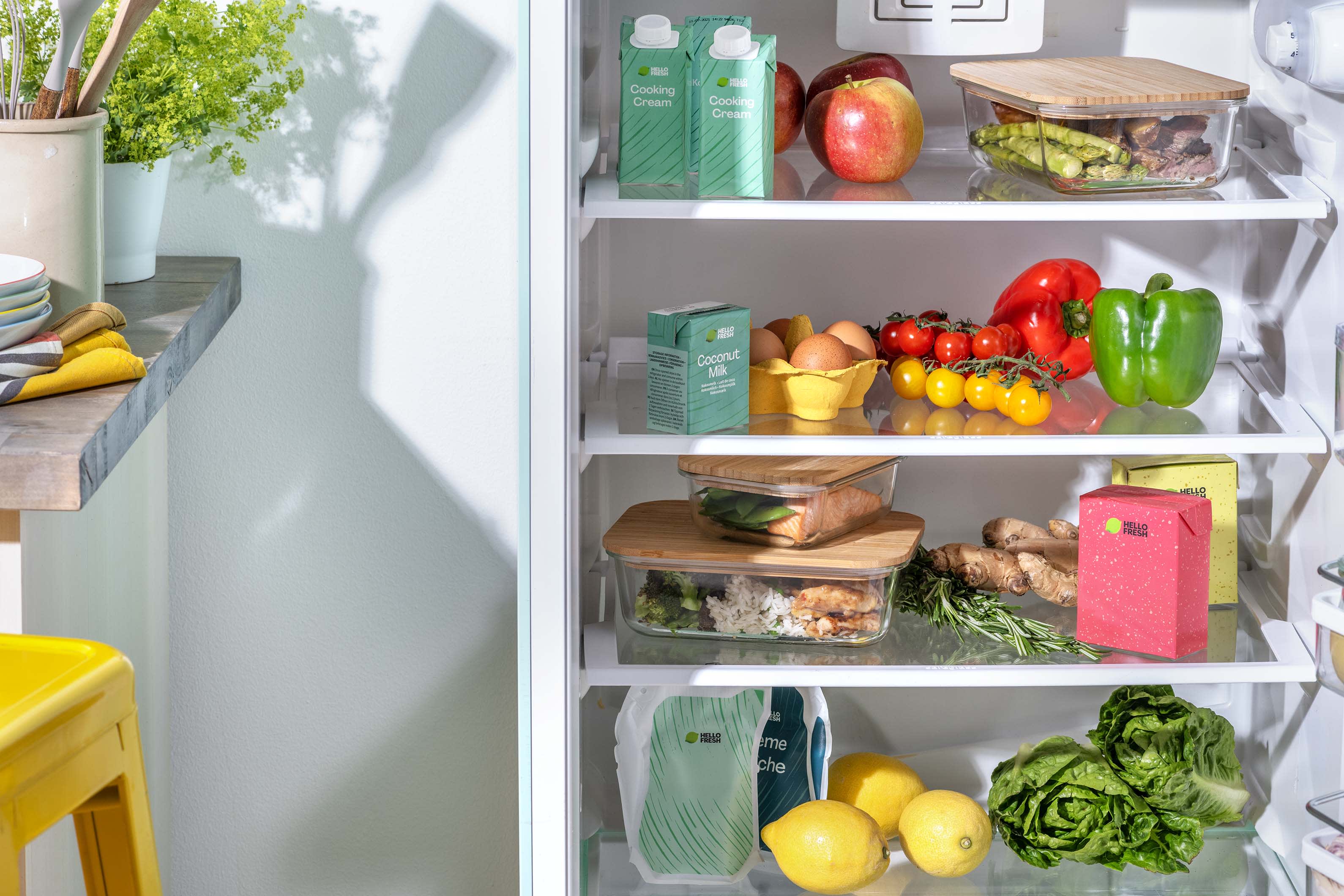
Does food waste have an impact on my wallet? What’s the impact of food waste on my wallet?
Every time you throw away excess food or the leftovers from the back of the fridge, that’s money down the drain. In fact, food waste costs the Australian economy more than $20 billion each year, with about a third of food waste coming from households.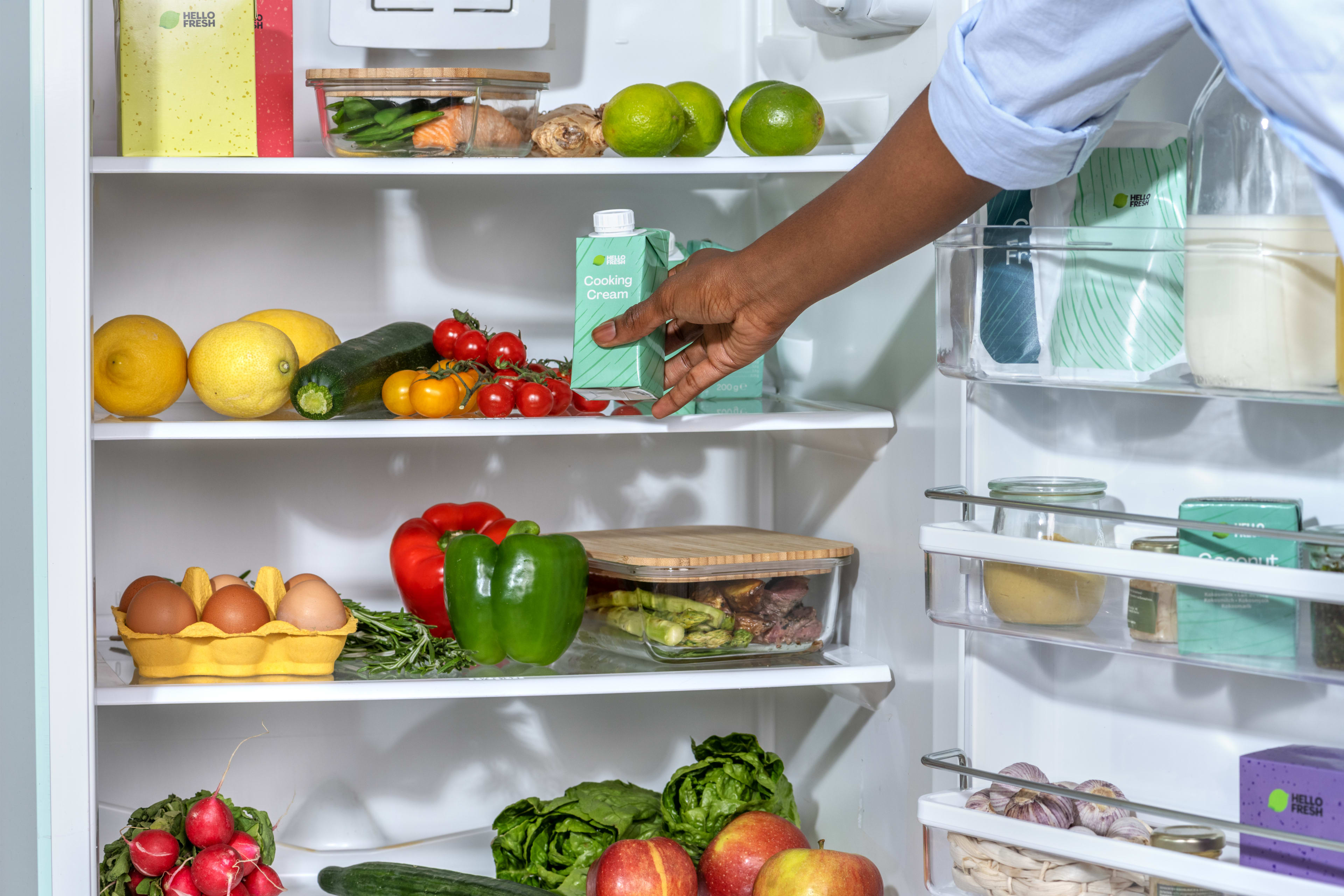
Where do I store my food so it lasts longer?
"Should it be stored in the fridge or the pantry?" will always stir up lighthearted debate. Bruno Bouchet from Sydney – known as the 'List King'' for his viral social media posts – tweeted his definitive list of which items should be stored in each.Not everyone agreed, but it was a reply from a popular chocolate brand that really left people perplexed: "Chocolate should always be stored in a slightly cool, dry, dark place such as a cupboard at temperature less than 21°C to ensure the quality isn't compromised." But 21°C without refrigeration in Australia..? One commenter took a seasonal approach of 'summer in the fridge, winter in the pantry', but this could be further refined with a regional approach across Australia.
We'll leave chocolate preferences down to you, but it's important to store dairy products, including eggs, in the fridge. For fruits and vegetables, read on...
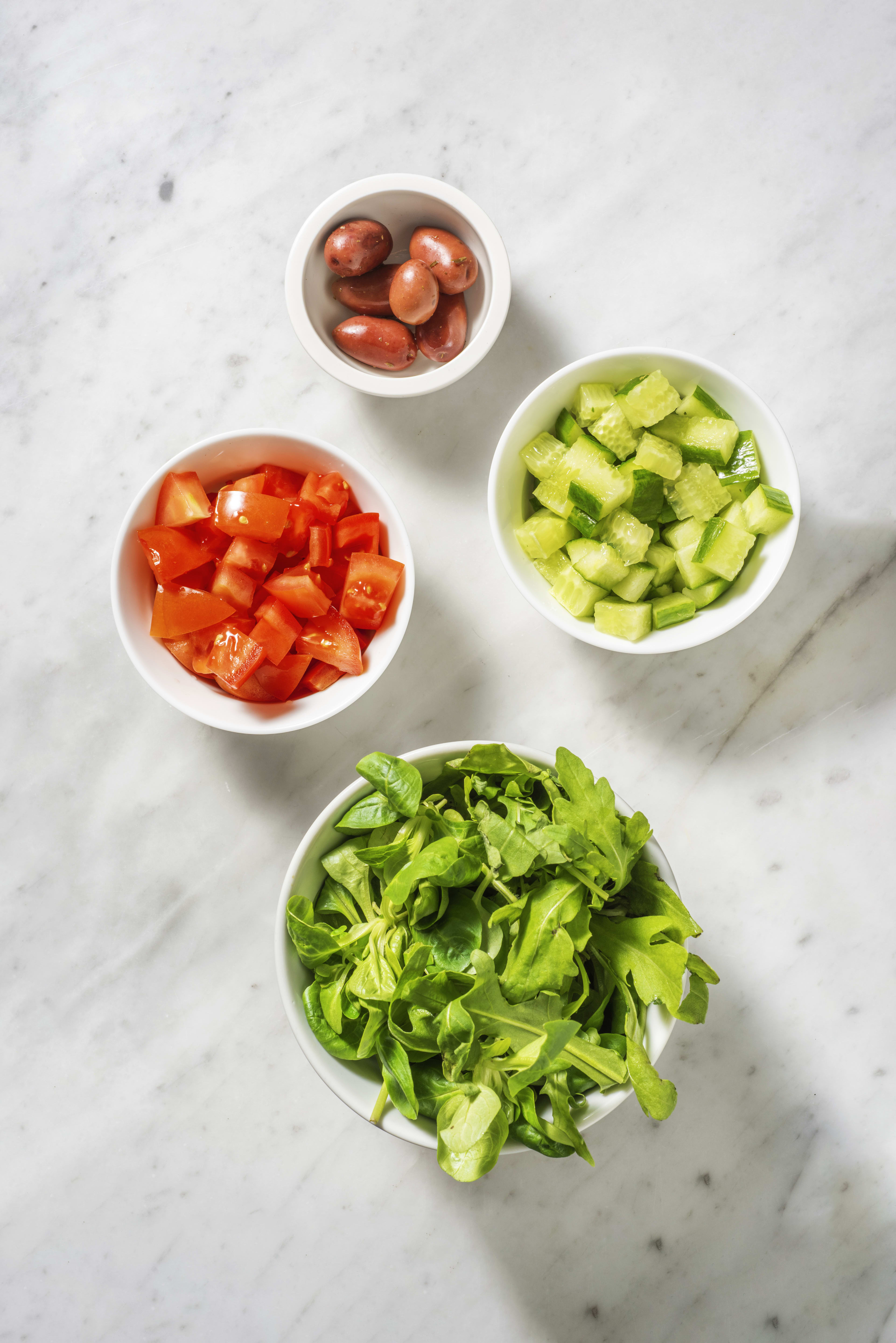
Where do I store my fruits and vegetables so they last longer?
Many wellness enthusiasts and food bloggers, like Sydney-based Jenny Wong, love sharing images of what's inside their fridges; the shelves of bright and colourful fruit and vegetables can almost turn the humble kitchen appliance into a food-art installation. But should all fruits and vegetables be stored in the fridge?Most fruits and vegeatbales are best kept in the fridge, but garlic, onions, butternut squash, potatoes, pineapple, melon, cherries, peaches, plums and tomatoes should be stored in the pantry.
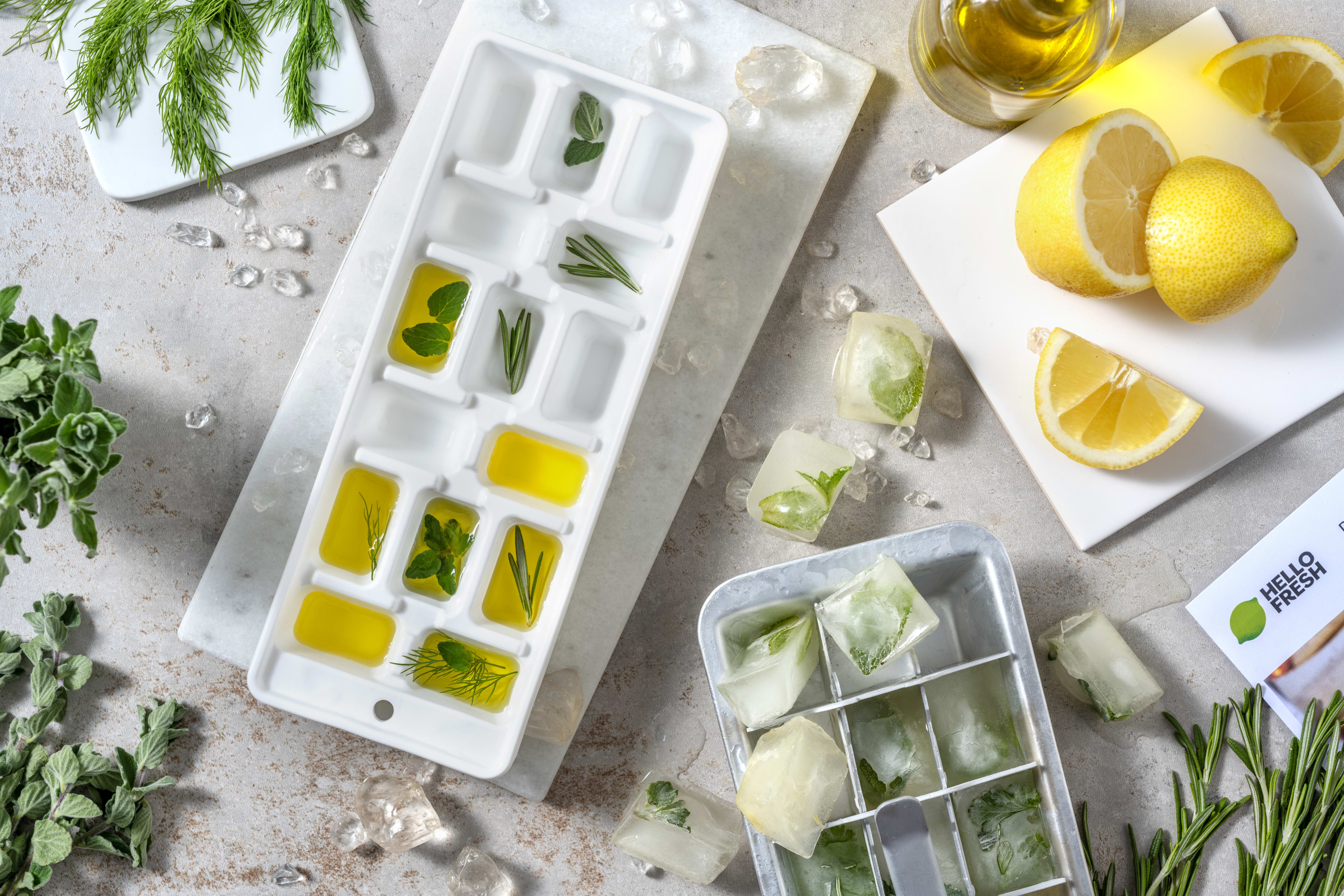
What can I freeze, not freeze?
Internet search data reveals the foods that Australians are most unsure about freezing: cream, avocados, mushrooms, cheese, rice, milk, cooked chicken and ham. You can actually freeze almost any type of food.It's worth remembering that liquids expand when frozen, so make sure you don't fill the airtight container to the brim. And if the cream or milk already smells like it is past its best, it's too late to freeze it.
Interesting fact: did you know that milk turns yellow when it is frozen? Don't let the colour change put you off!
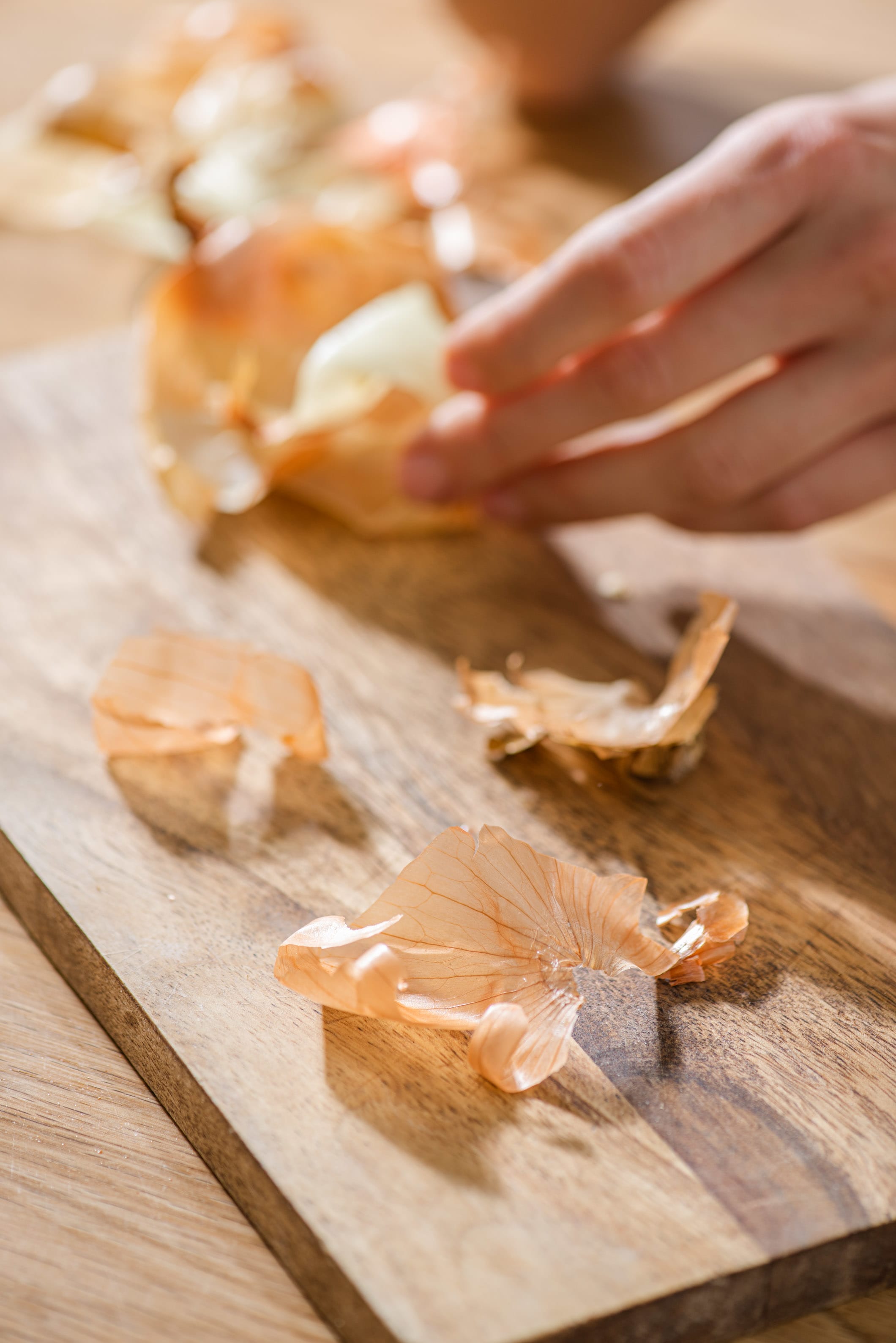
How to make compost at home
There was a surge of interest in composting at the start of the Covid-19 pandemic, with Google searches in Australia for "compost bin" reaching an all-time high in April 2020, and searches up by 60% in spring 2020 compared to winter 2019/20. By the summer, the average number of searches had already dropped back down to near pre-pandemic levels.But there's likely to be many people new to composting since the start of the pandemic, so what are the most searched questions about it in Australia?
The most common "Can you compost..?" questions are about bread, onions – and even dog poop! The answer to all of these is 'yes'. (Just make sure you have compostable dog poop bags.) The only organic material that you should avoid adding to your compost bin is meat, bones and fish scraps, as these can attract pests.
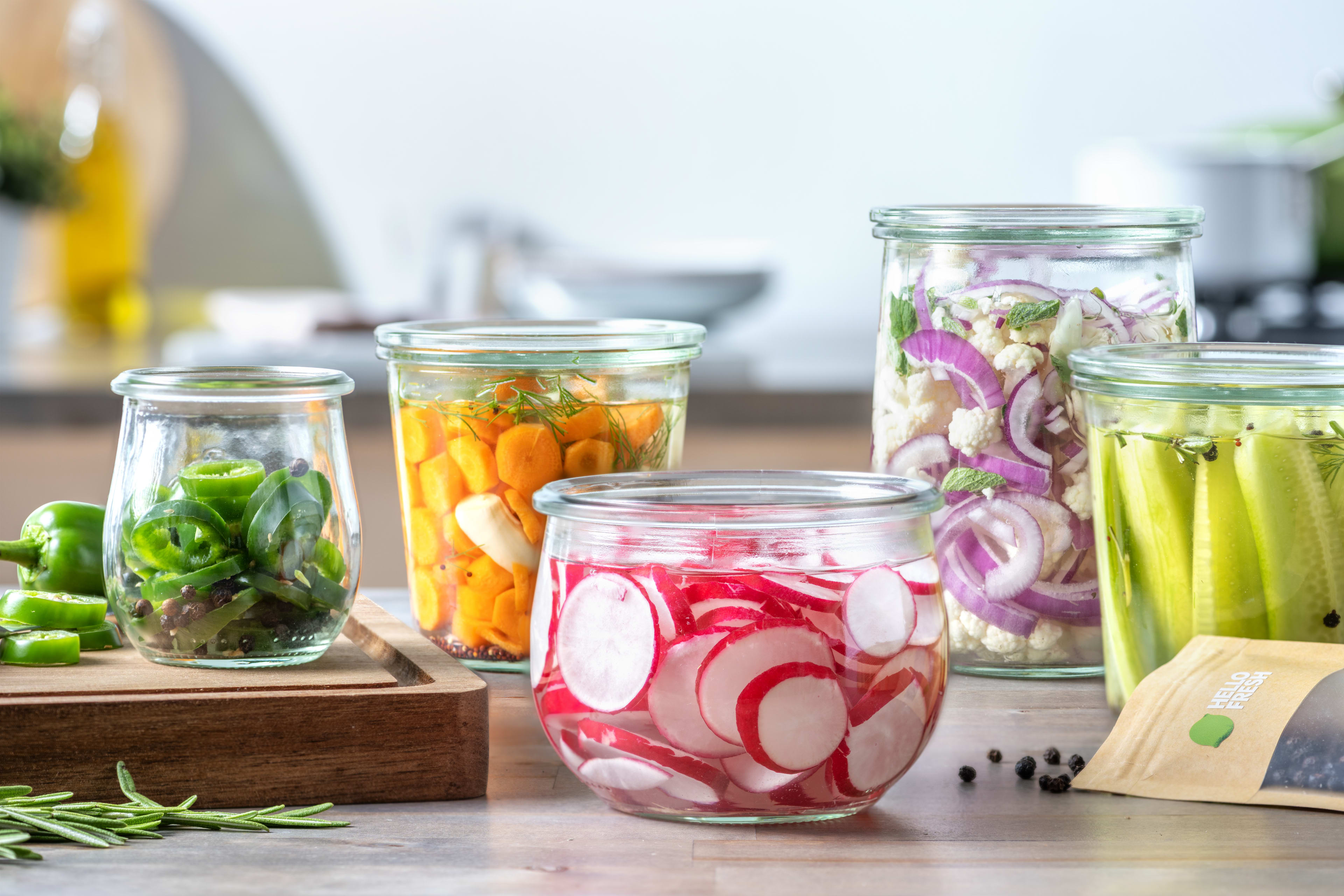
How to pickle/ferment at home
In 2020, social media feeds were filled with people sharing their sourdough starter stories, and Google searches in Australia for the naturally leavened bread showed a dramatic 5-fold increase from mid-March to mid-April 2020.Currently, sourdough only shares third place with tempeh for the most popular fermented food in Australia (exclusing beverages) based on online searches (avaerage of 14,800 searches per month), beaten to the top by sauerkraut (average 18,100 monthly searches) and kimchi (average 33,100 monthly searches).
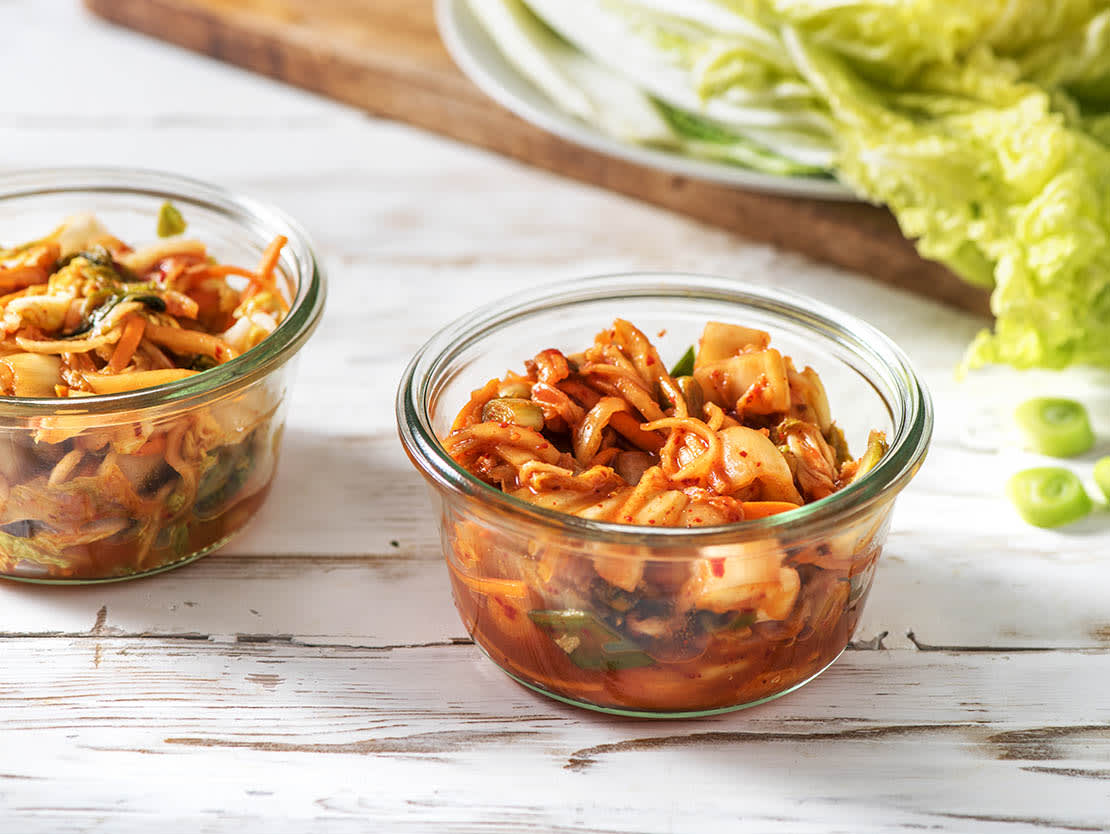
How to make the most out of my leftovers
When it comes to what to make with leftovers, it's meat that has Australians scratching their heads, with people searching for "What to do with leftover roast pork/chicken roast/roast lamb/ham?" more than any other food types. And there's sure to be plenty of leftovers, with a HelloFresh survey revealing that 76% of Australians cook more than enough food for dinner so that they can eat whatever’s left for lunch the next day. In the survey, the top choices for lunches from leftovers were salads, sandwiches and Mexican dishes, like burritos and tacos.Food Waste Myths FAQs
Can you freeze HelloFresh meals?
Yes. You can freeze HelloFresh meals for up to two months to keep them fresher for longer. All foods should be kept in their original packaging, a separate airtight container, or a freezer bag with a label indicating the date when it was frozen.
How long does HelloFresh meat last in the fridge?
When properly stored in the fridge, HelloFresh meat can last up to five days, although we recommend consuming it within three days. The internal temperature of the fridge should be set to 4°C or lower to ensure freshness. In addition, make sure to check the expiration date of your items and consume the food within the timeframe given.
How to store HelloFresh meals?
To properly store HelloFresh meals for maximum freshness, keep ingredients in their original packaging and refrigerate them at 4°C or below. You can also freeze any uncooked meals if you plan to consume them within the next month or two. If you've already cooked your HelloFresh meal, you can safely store it in a freezer bag or airtight container and refrigerate it for consumption within the following days.
Do HelloFresh meals come frozen?
All HelloFresh meal kits are carefully packaged to ensure maximum freshness upon delivery. HelloFresh meals do not come frozen, but you can freeze contents for up to two months. Be aware that foods with a high liquid content will expand when frozen, so try to avoid filling containers to the brim with liquid ingredients.